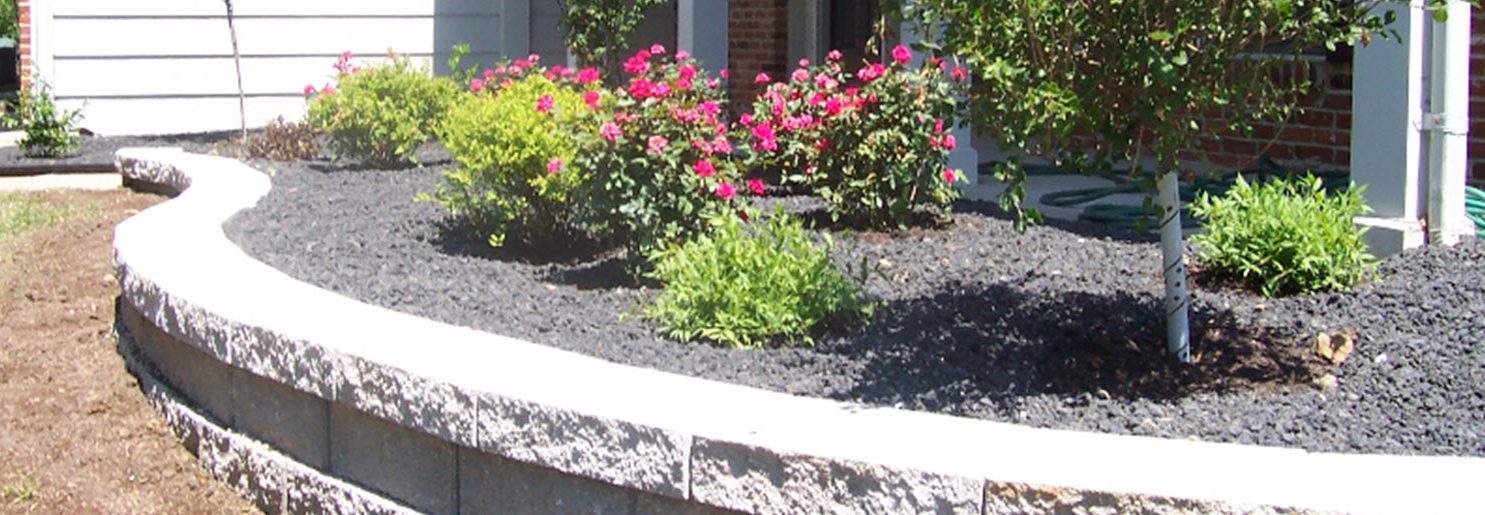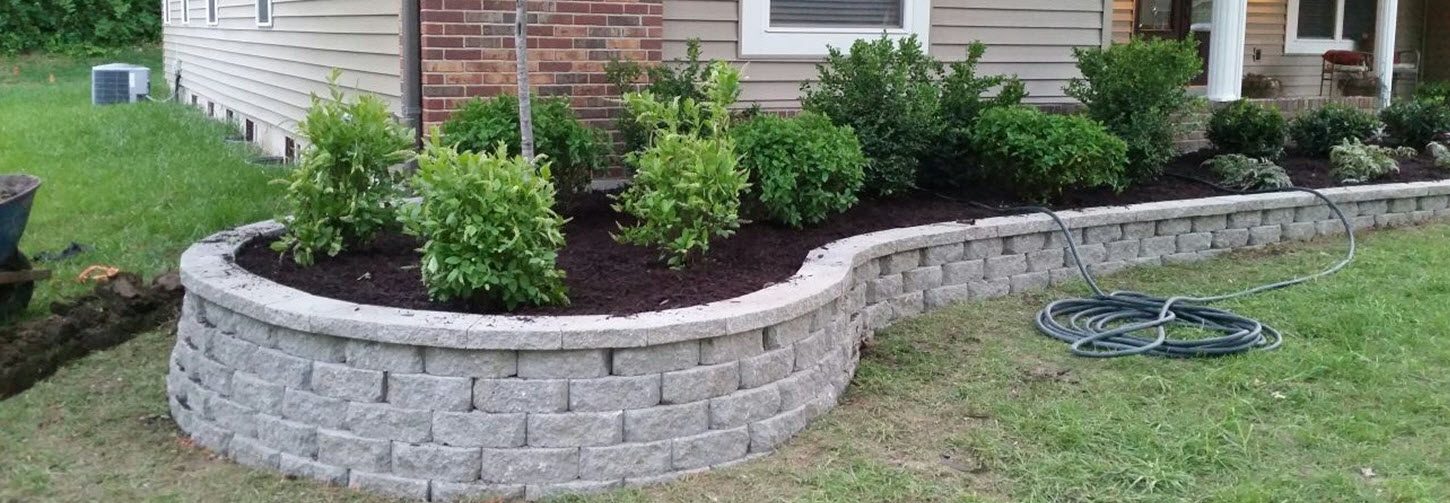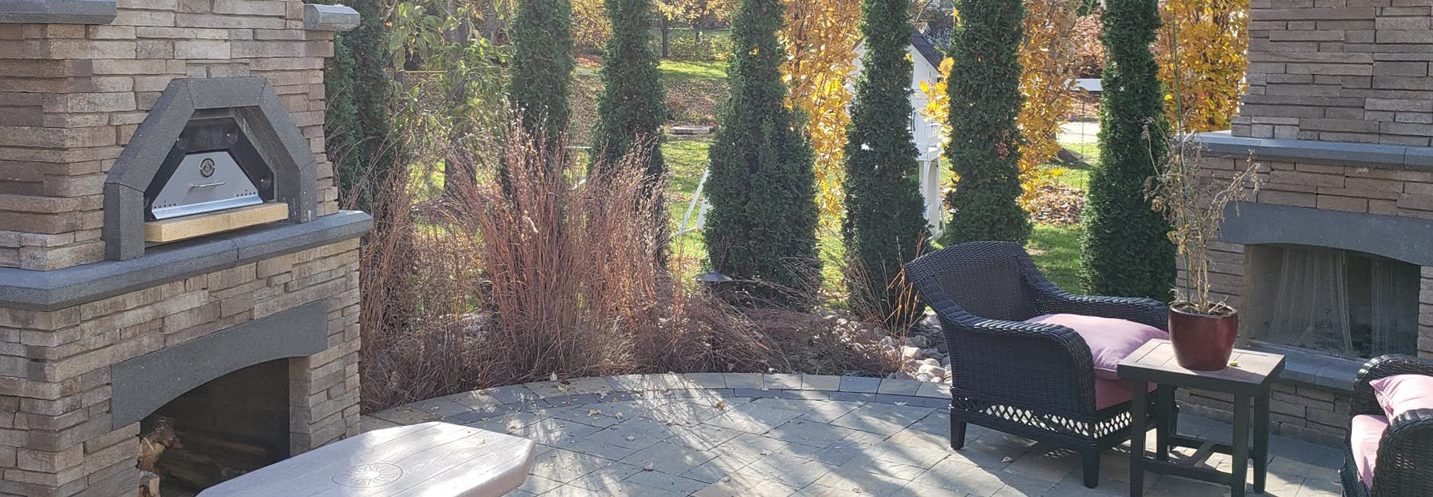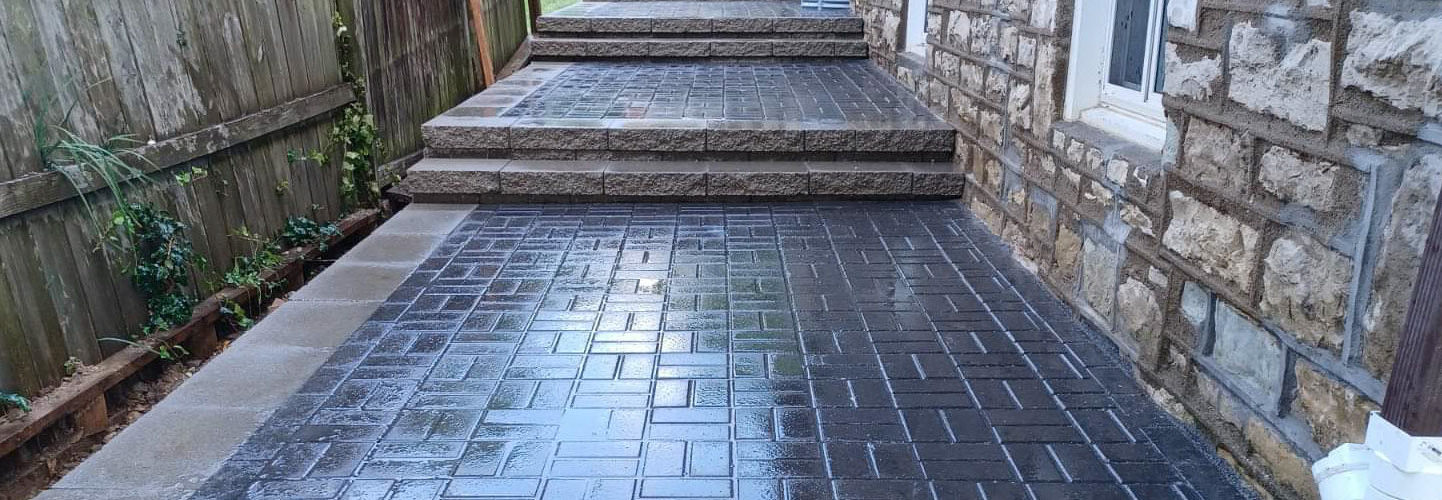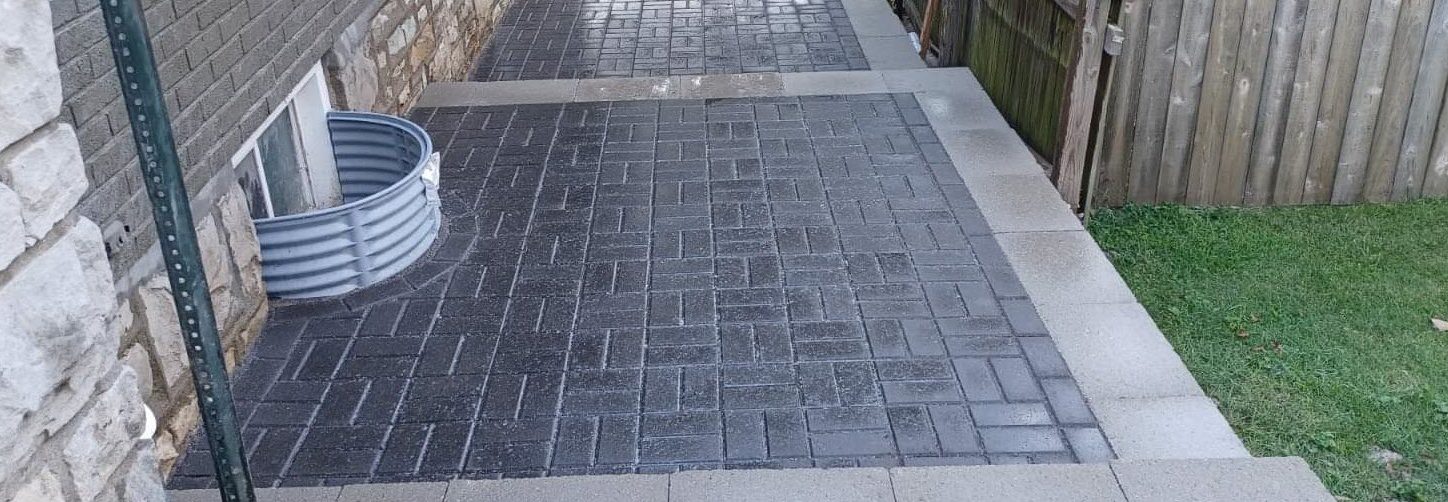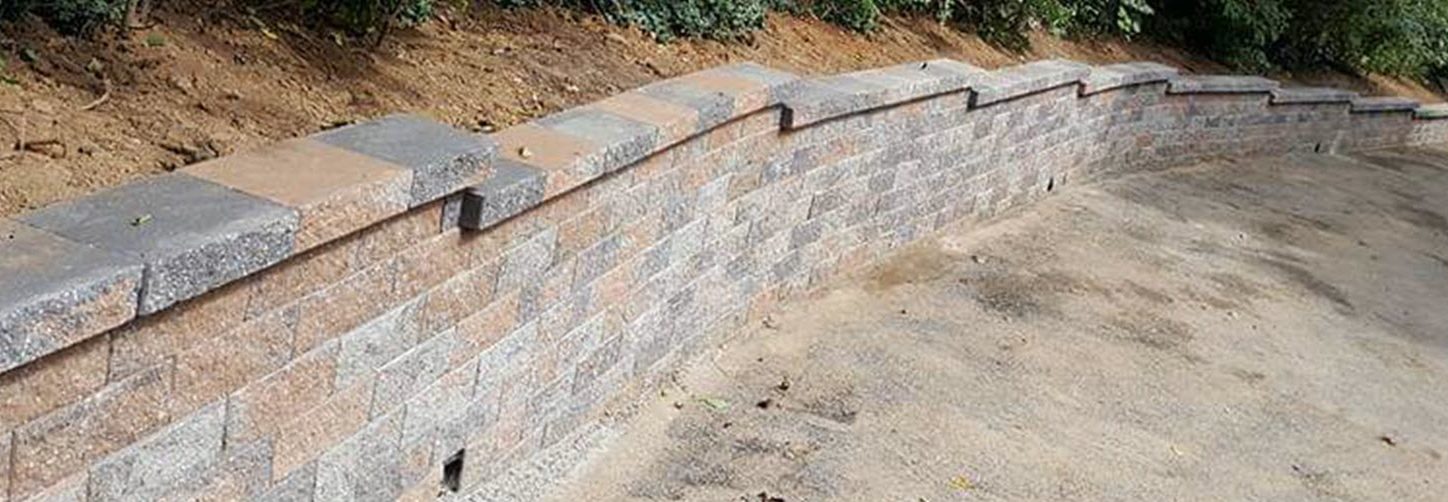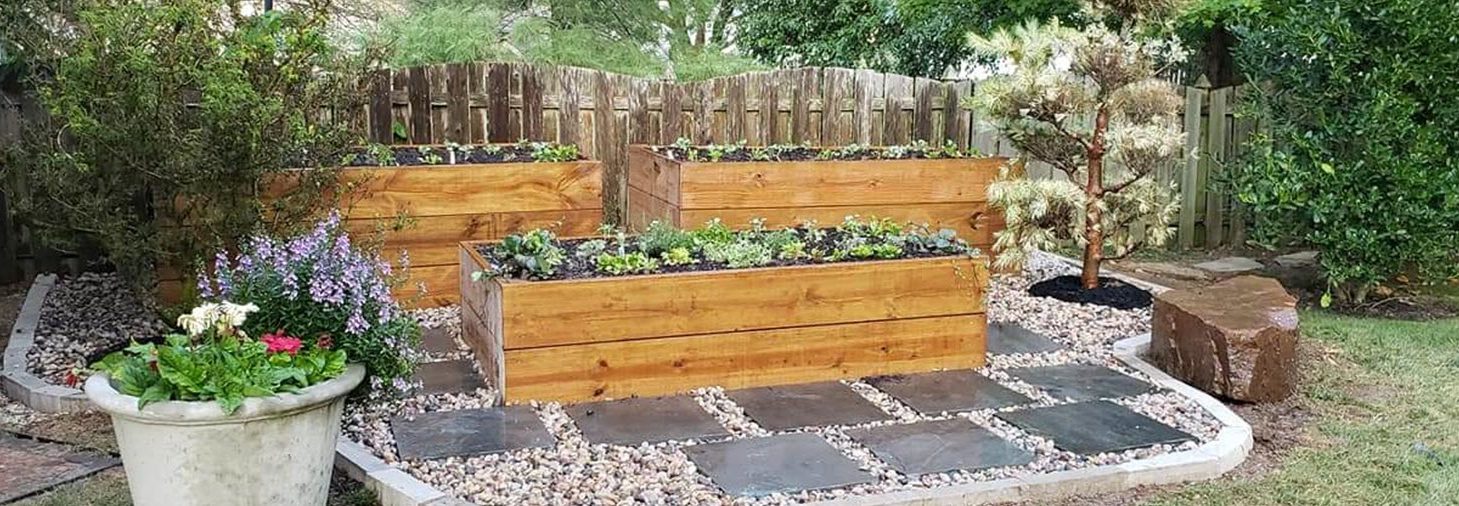Environmental Concerns with Lawn Care Practices
Did you ever wonder as you go through your lawn care practices what would happen if your lawn could talk? What would your lawn tell you about the quality of your care and the environmental impact you make on each blade of grass and condition of the soil? Maybe your lawn would tell you cutting too close to grass roots not only harms grass, but also makes the soil as dry and worn out as an old pair of gardening jeans. Perhaps your lawn would also plead for less chemically based fertilizers and weed killers. If your lawn could talk, it would tell you to stop drowning it in water better conserved for other purposes.
Environmental Concerns About Today’s Lawn Care
With all of the lawn care focus on making your lawn look like an emerald green carpet, there is much more to a healthy lawn than a large expanse of vivid color.
All healthy lawns begin with rich soil. Note that there is a difference between rich soil and chemically “enriched” soil. Nature provides environmental lessons every day of every year.
For example when leaves fall, these leaves can be composted until they molder into a fine, rich, natural soil. Yet, all too often piles of dried and decaying leaves are raked and sent off to landfills. This lawn care practice is an environmental concern given the unnecessary increase in trash hauled to landfills. Some of these tactics could cause your lawn to die. If you need to stop your grass from dying go to this page.
What Concerns Your Lawn Should Concern You
With environmentally responsible lawn care, it’s all a matter of knowing what nature provides and what is not essential for a healthy lawn. Take lawn sprinkler systems for instance. These are ideal only when they are used judiciously. Here’s a useful article on the subject.
Overwatering a lawn not only wastes water and increases the cost of water supplied to homes and businesses, but overwatering is the quickest way to reduce grass and soil nutrients. The lack of nutrients is seen when grass begins to turn yellow and soil beneath the grass starts to wash away from grass roots.
SOS (Save Our Soil) from Negative Lawn Practices
The environmental concern for all lawn care givers should be soil erosion that causes flooding. Stable, healthy grass roots help keep soil firmly in place. Once roots rot and die off overwatering coupled with heavy, frequent rain events washes away soil and flooding begins.
Different Environmental Concerns and Lawn Care Awareness
Lawn care givers often ignore the intricacies of ecological balance that insects provide. Many of the insects found in lawns are ecological employees who do the job of keeping lawns aerated. Worms and grubs may not have much human appeal, but they are ecological oxygen tanks for lawns.
When grass is brittle and brown, it may not always be a matter of not enough moisture. It may be compacted soil that needs aeration only insects provide. Few lawns can survive without adequate amounts of oxygen as provided by nature.
The use of chemicals like herbicides and pesticides destroy the natural ecological balance provided by Mother Nature.
Hold Your Ears – the Lawn Monsters are Coming
Lawn equipment that relies solely on fossil fuels not only add to air pollution, mowers, trimmers and leaf blowers also add to noise pollution. The most prevalent environmental concern today is constantly increasing greenhouse gases. Click here to read more.
Gas powered lawn equipment may not seem to be a huge culprit until you consider the volume of residential and business use of this equipment.
Lawns speak volumes when there are serious environmental concerns. Lawn care is a necessity. Lawn care givers just need to consider the options available for more environmentally responsible lawn care practices. Lawns know their needs best and lawn practices should be based on prudent awareness of these needs.

